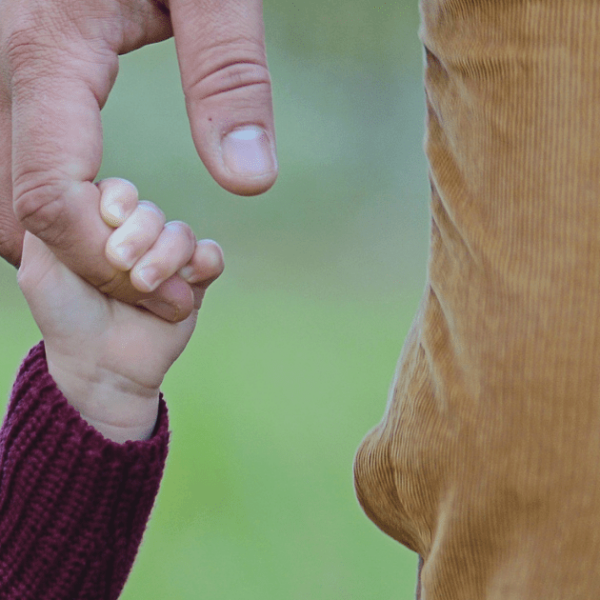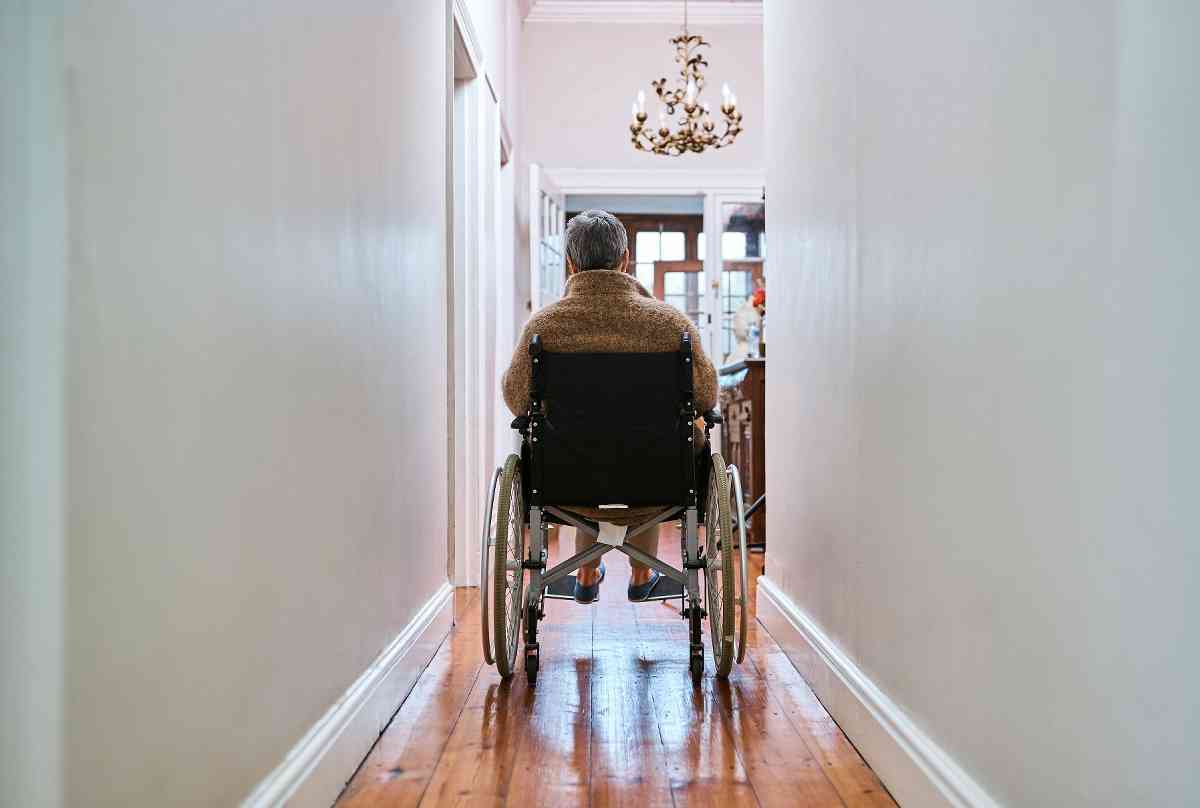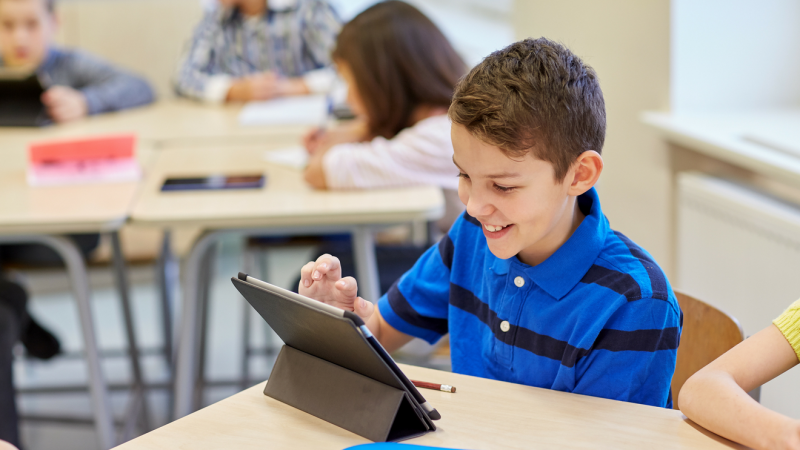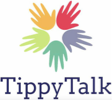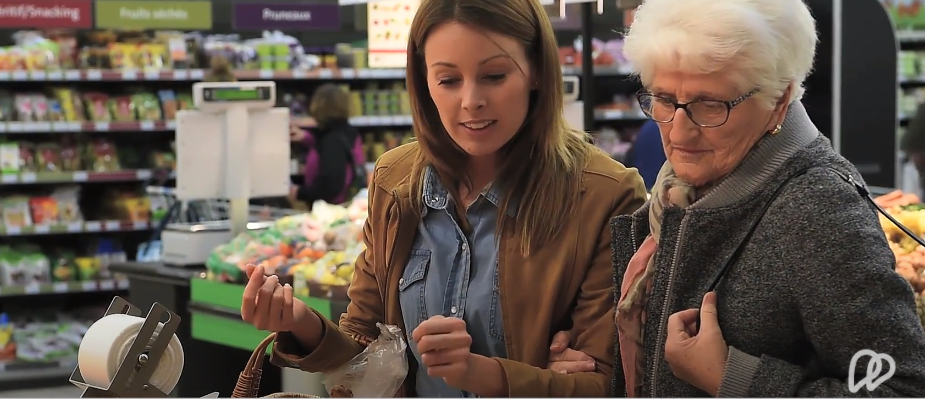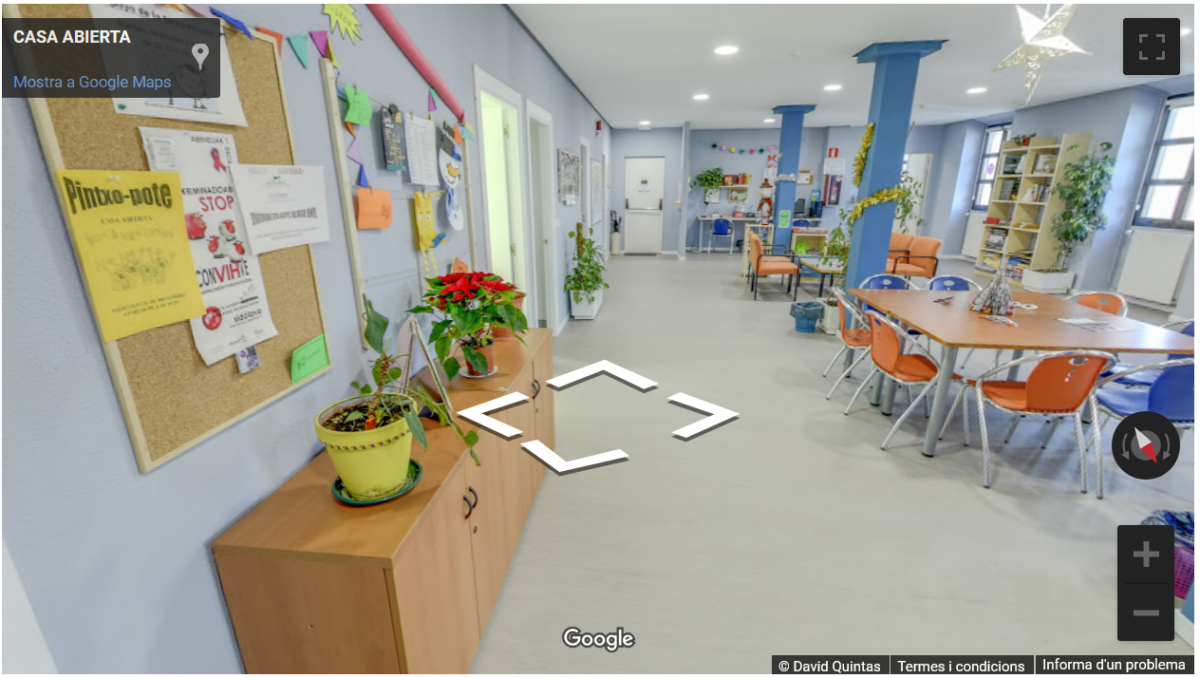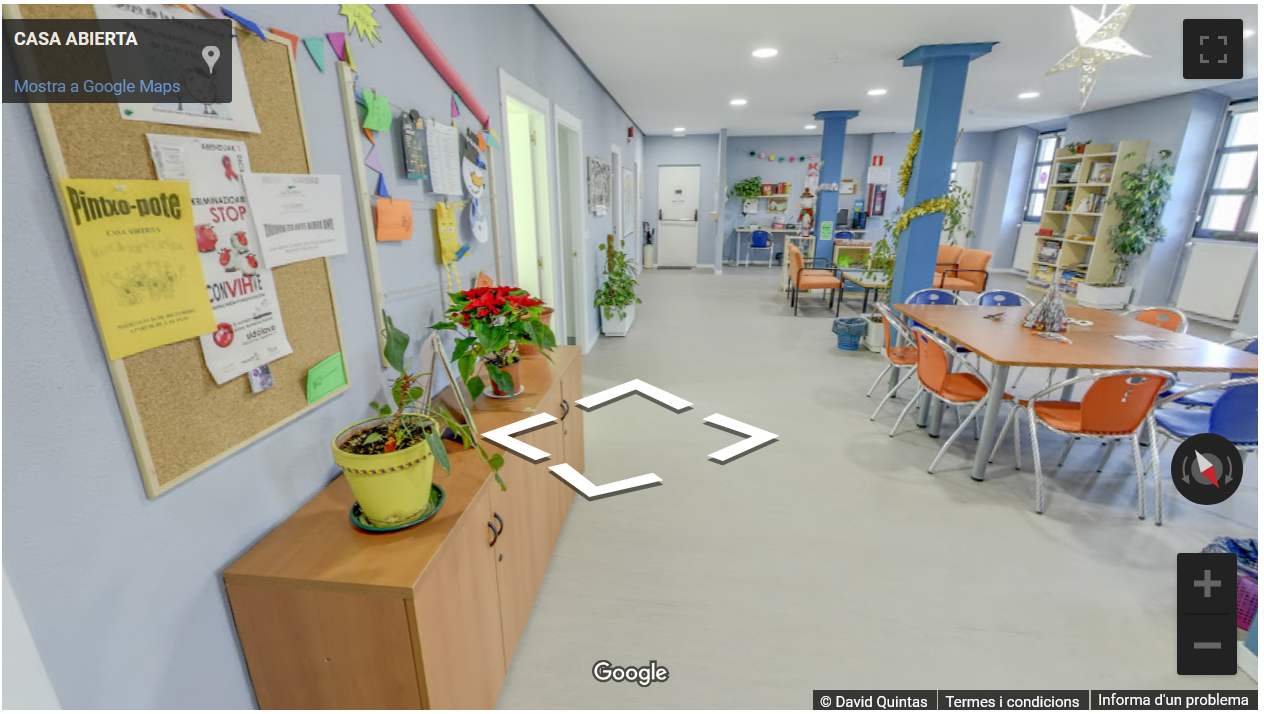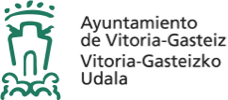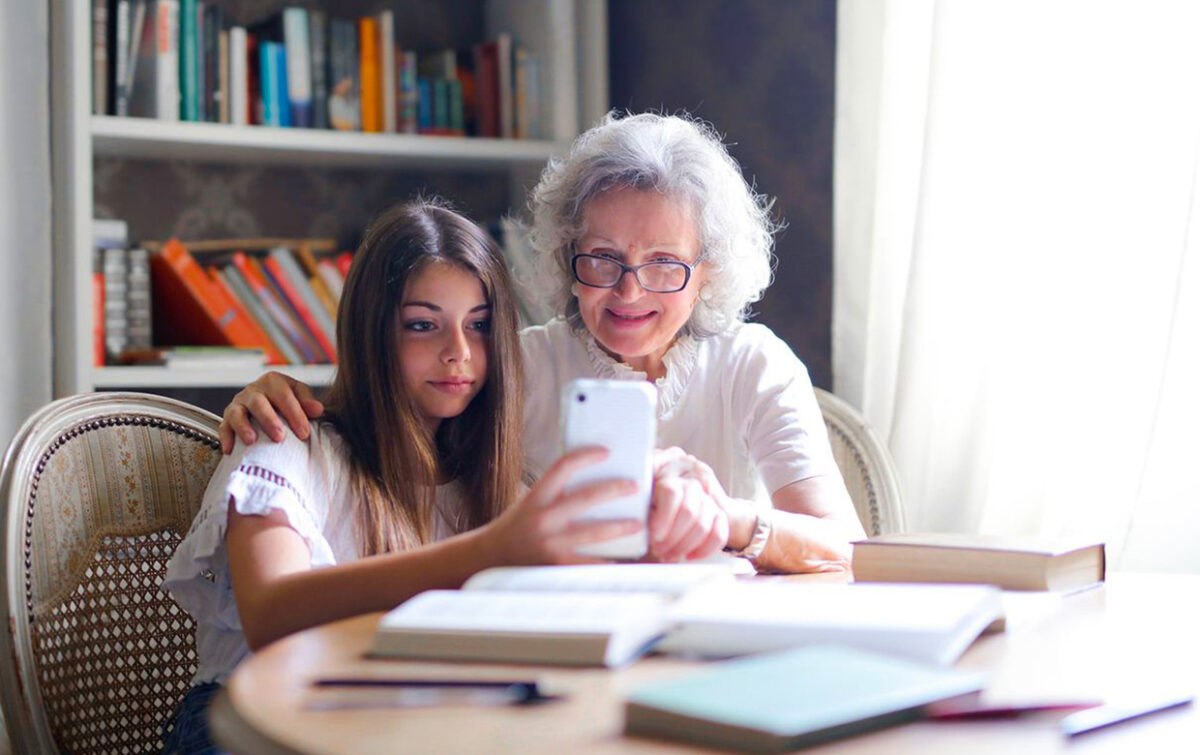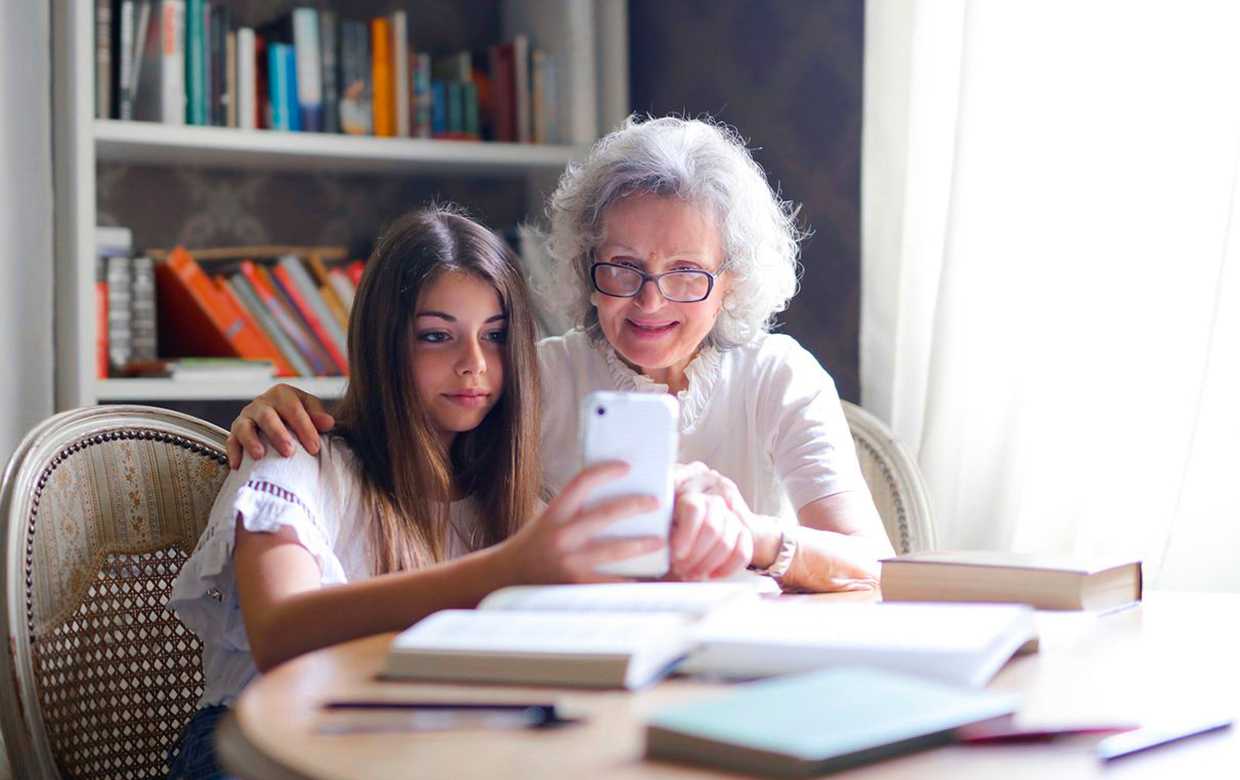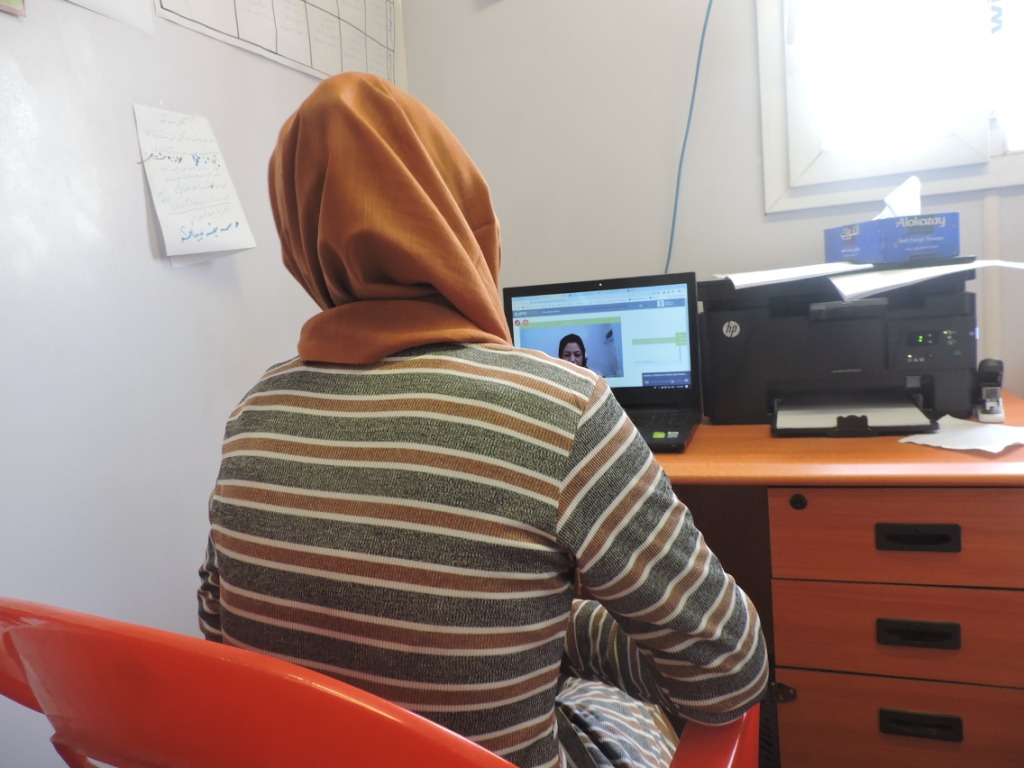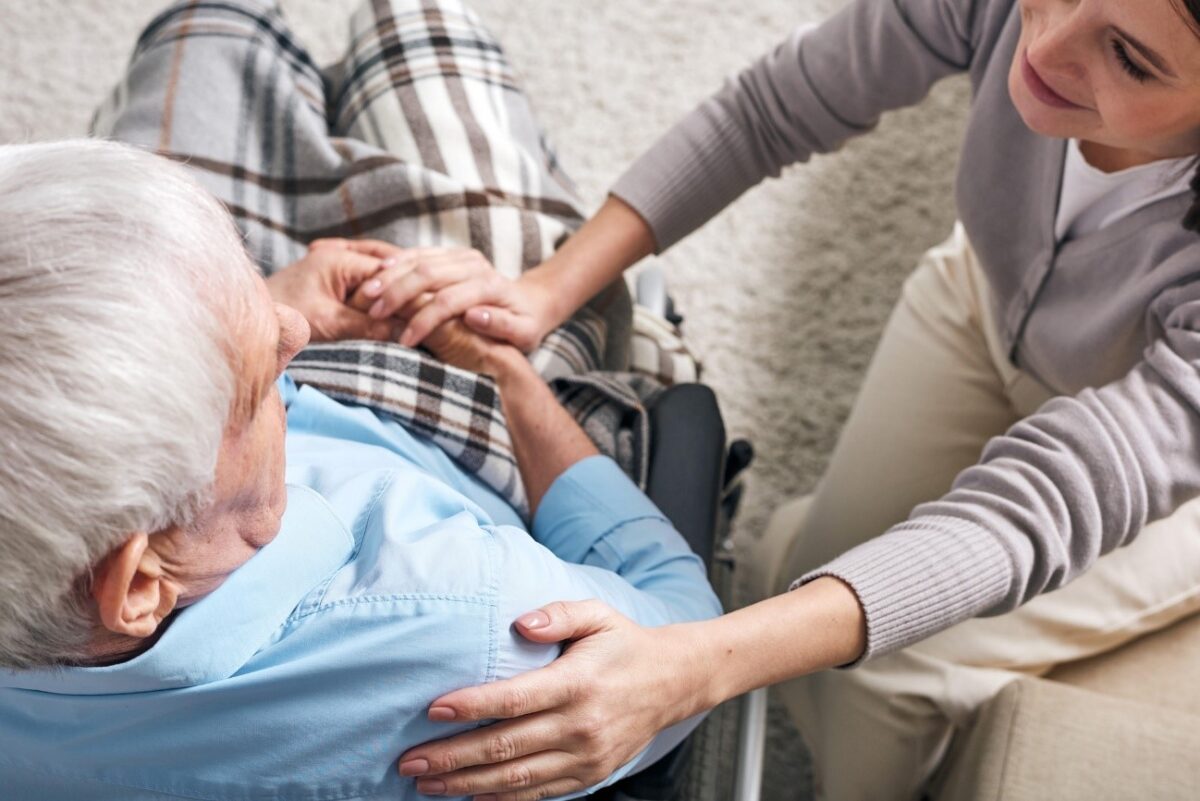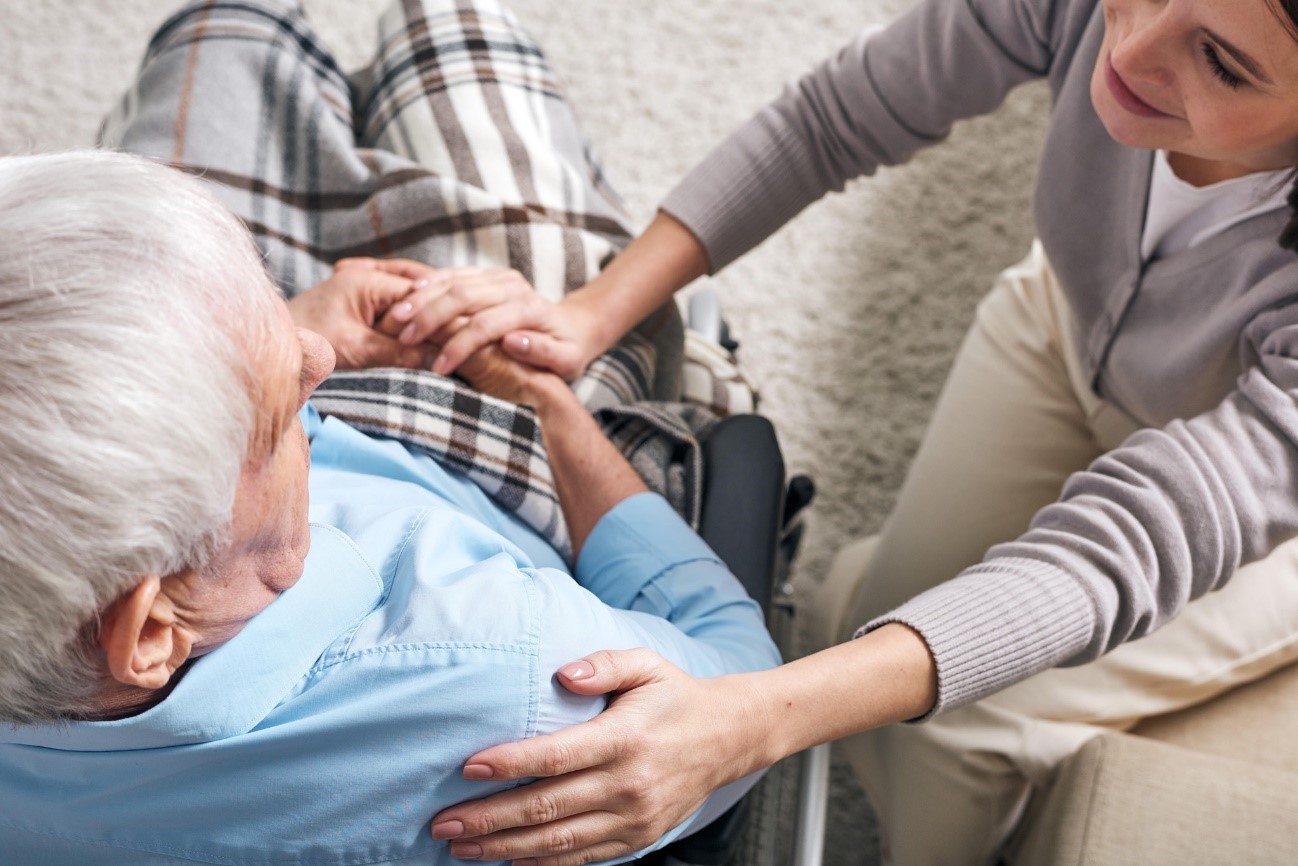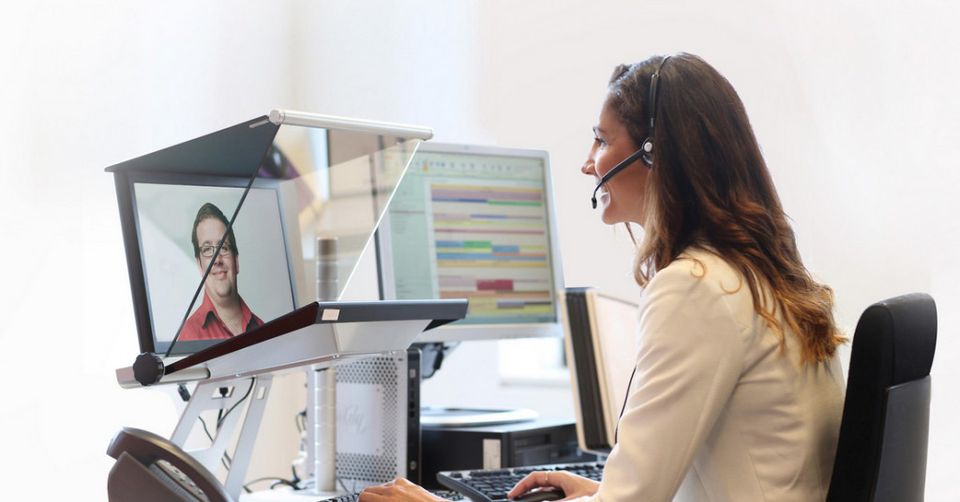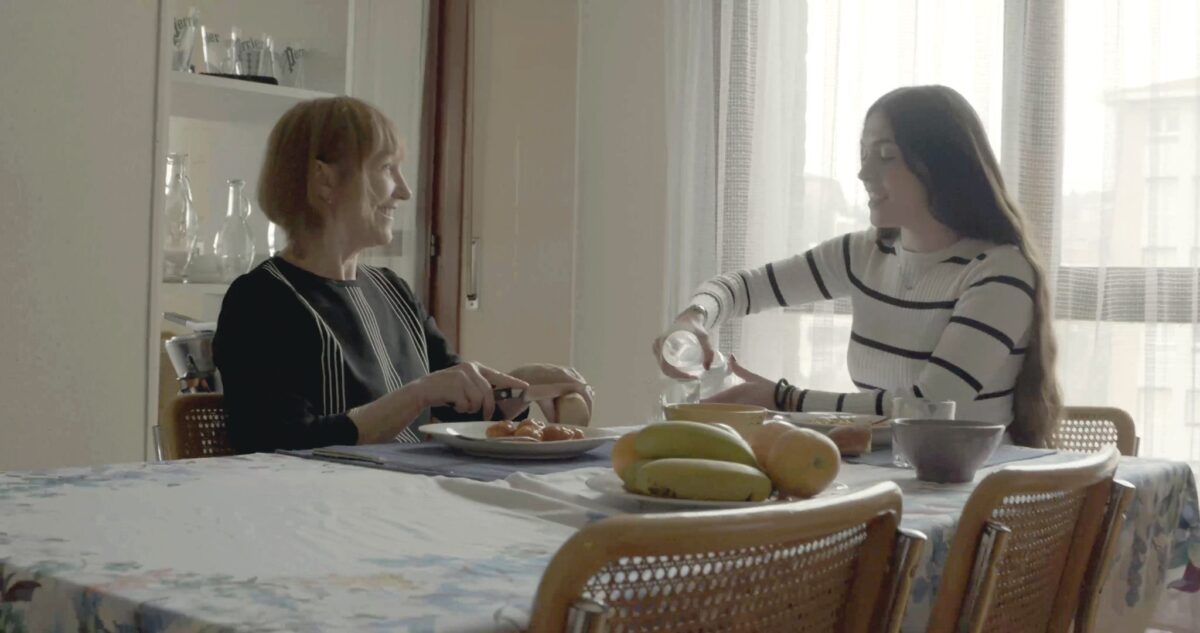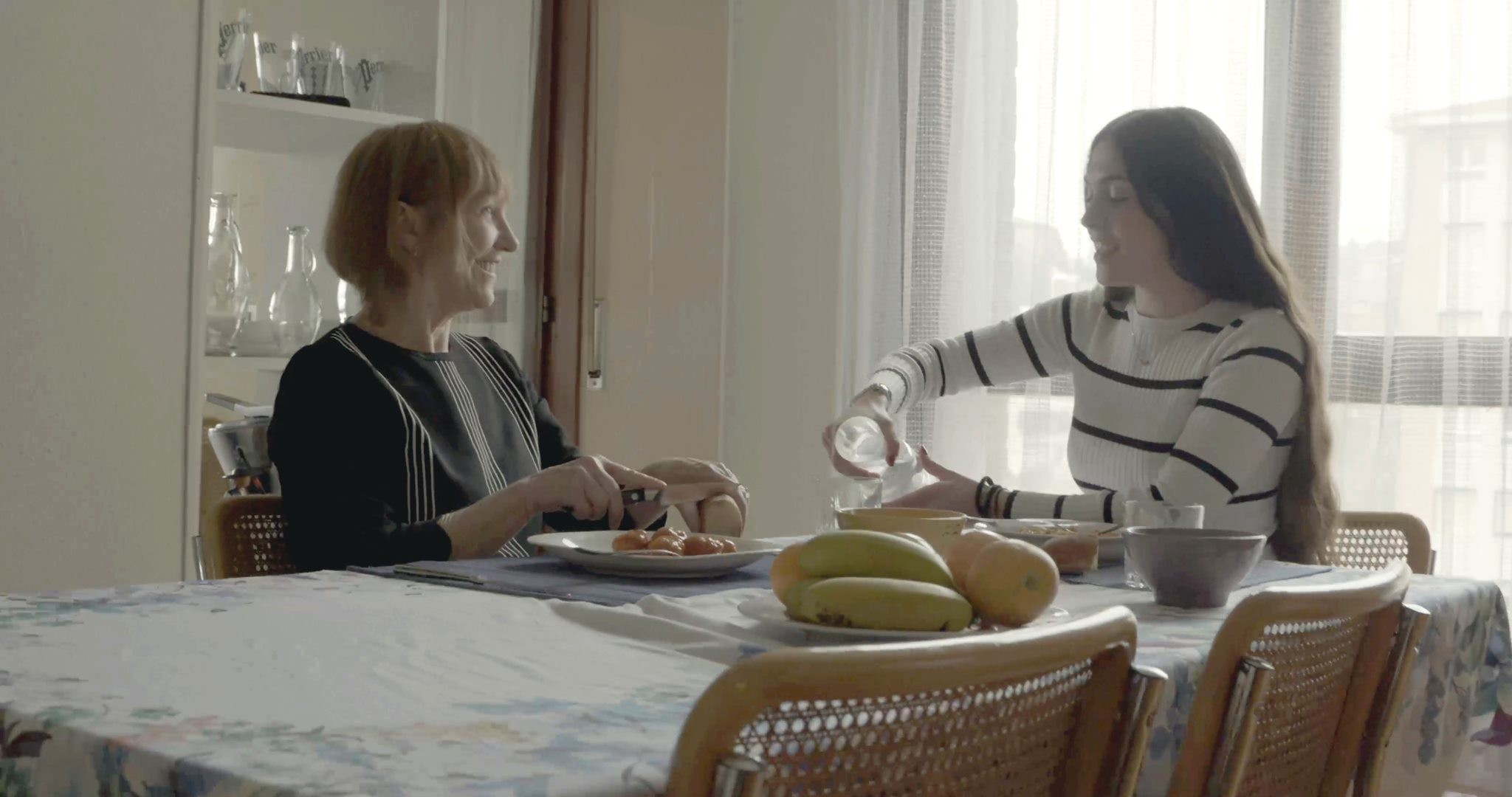Mentoria Social, mentoring for vulnerable young people to promote social inclusion
Mentoria Social, mentoring for vulnerable young people to promote social inclusion
Coordinadora Mentoria Social

Picture from “Projecte Rossinyol”, a study that analyzes the impact of mentoring on migrant teenagers. / APPlying Mentoring
Platform of organizations that develop mentoring projects for young people and other vulnerable groups.
Coordinadora Mentoria Social, comprised of 11 partner entities and 8 member entities, brings into contact mentors with people at risk of social exclusion, mainly young people. With the aim of ensuring social cohesion and equal opportunities, the mentor is a voluntary person who is assigned a person to offer him or her their knowledge and experience.
In this way, both people share a few hours a week that enable mentoring to overcome labor, social, academic, etc. due to mentoring support and guidance.
Coordinadora Mentoria Social, through the formations it offers, also works to promote a quality mentoring model in the field of social action.
Location
Barcelona
Partners/Funders
19 Coordinadora Mentoria Social’s member entities.
Genesis
Coordinadora de Mentoria Social was born out of the need of social entities dedicated to providing accompaniment and support to young people at risk of exclusion, to pool efforts and to obtain funding to improve their methodology. Inspired by the models of northern European countries, associations such as Punt de Referència analyzed the effectiveness of functioning mentoring models. At the same time, Coordinadora acts to raise awareness of social mentoring in Spain.
Level of implementation
Coordinadora de Mentoria Social has been involved in 24 social mentoring projects that have meant the creation of around 1,300 relationships per year, with 2,761 participants in total, the majority of whom were young.
On the other hand, several studies, such as APPlying Mentoring, have demonstrated and measured the effectiveness and benefits of social mentoring for some groups, such as refugees, in aspects such as improving their mental and emotional health.

Banc d’innovacions

